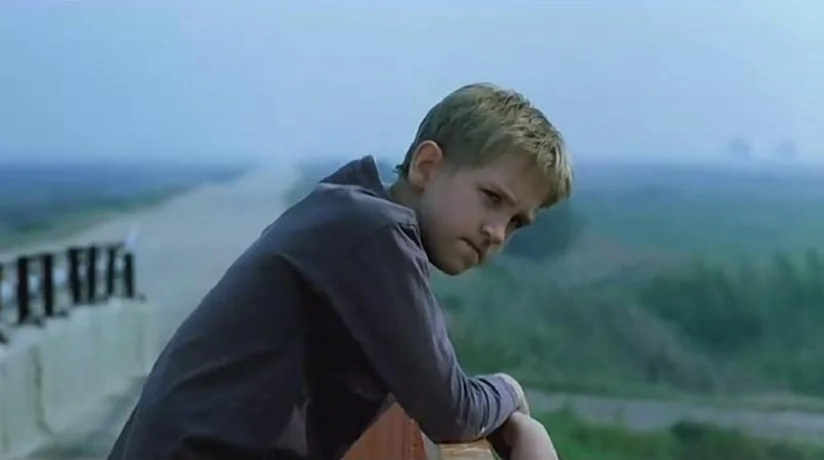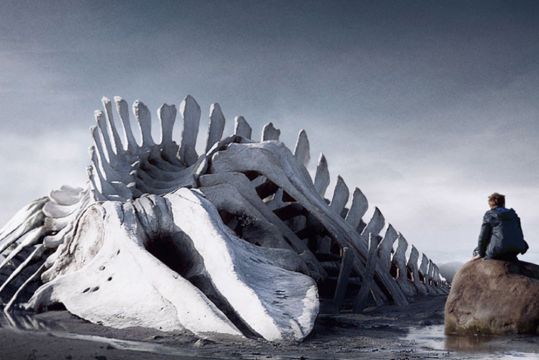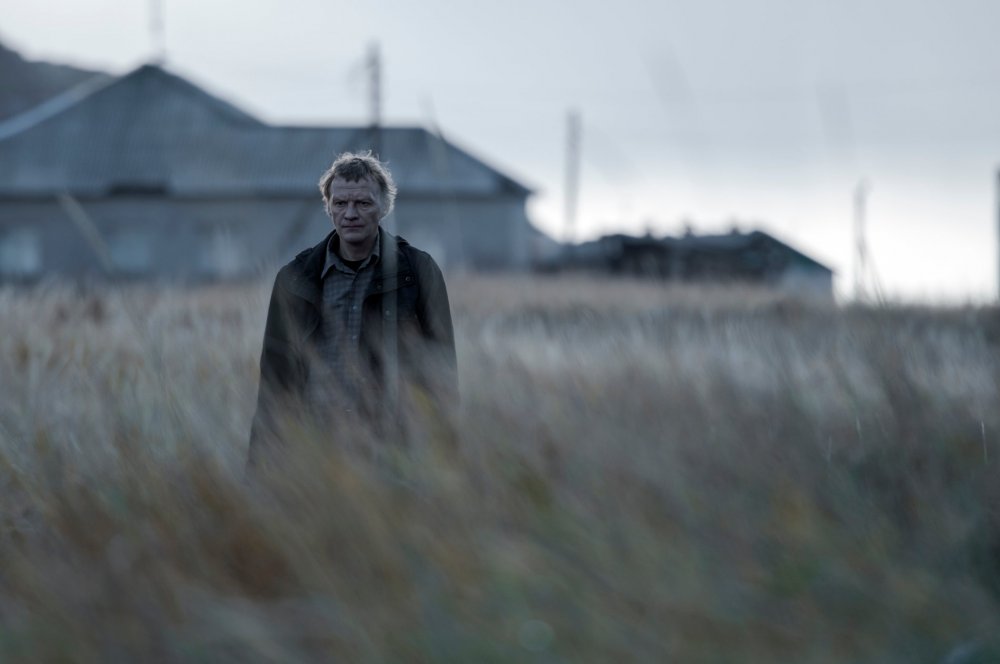Andrey Zvyagintsev is a Russian filmmaker who has emerged as one of the most important and celebrated voices in contemporary world cinema. Known for his deeply humanistic and socially engaged films, Zvyagintsev has created a body of work that explores the complexities of life in modern Russia with a rare depth and nuance.
His debut feature, The Return, was a critical and commercial success, winning the Golden Lion at the Venice Film Festival and establishing Zvyagintsev as a major new talent in Russian cinema. His subsequent films have continued to explore the social and political realities of contemporary Russia, often through the lens of family and personal relationships. Films such as The Banishment and Elena are marked by their complex characters, nuanced storytelling, and powerful emotional resonance, which have earned Zvyagintsev comparisons to great Russian writers such as Dostoevsky and Chekhov.
In his most recent films, Zvyagintsev has turned his attention to the corruption and moral decay of modern Russia, creating searing portraits of a society in crisis. Leviathan, which won the Best Screenplay award at the Cannes Film Festival, is a devastating critique of the abuse of power and the erosion of individual freedoms in Putin’s Russia, while Loveless explores the emptiness and alienation of life in a society consumed by materialism and selfishness.
Throughout his career, Zvyagintsev has maintained a singular vision and uncompromising approach to his art, refusing to bow to commercial pressures or political censorship. His films are marked by their stark, minimalist style, their deep moral and philosophical themes, and their ability to capture the complexity and ambiguity of the human experience.

Andrey Zvyagintsev (1964 – -)
Calculated Films:
- The Return (2003)
- The Banishment (2007)
- Leviathan (2014)
- Loveless (2017)
Similar Filmmakers
- Aleksandr Sokurov
- Andrei Tarkovsky
- Asghar Farhadi
- Bela Tarr
- Corneliu Porumboiu
- Cristi Puiu
- Cristian Mungiu
- Ingmar Bergman
- Ivan Tverdovskiy
- Krzysztof Kieślowski
- Laszlo Nemes
- Lav Diaz
- Michael Haneke
- Nuri Bilge Ceylan
- Sergei Loznitsa
- Terrence Malick
- Theo Angelopoulos
- Yury Bykov

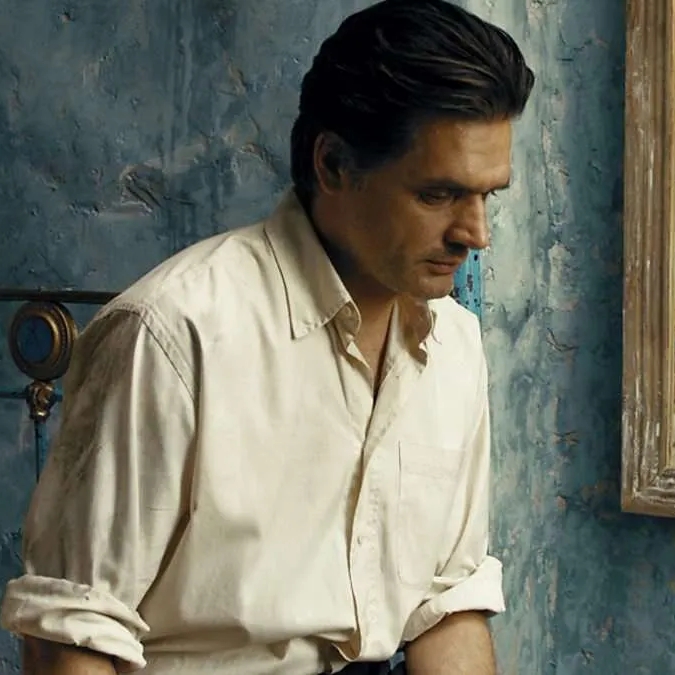
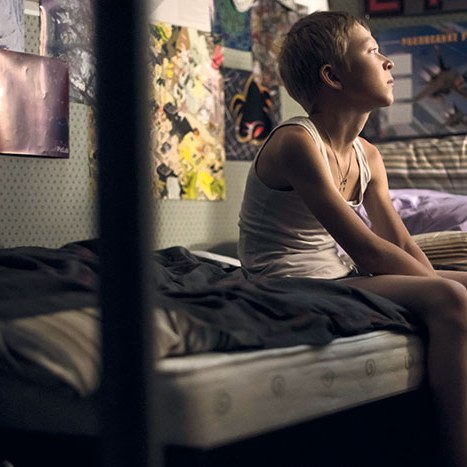
Andrey Zvyagintsev’s Top Films Ranked
1. The Return (2003)
Genre: Road Movie, Coming-of-Age, Drama, Family Drama
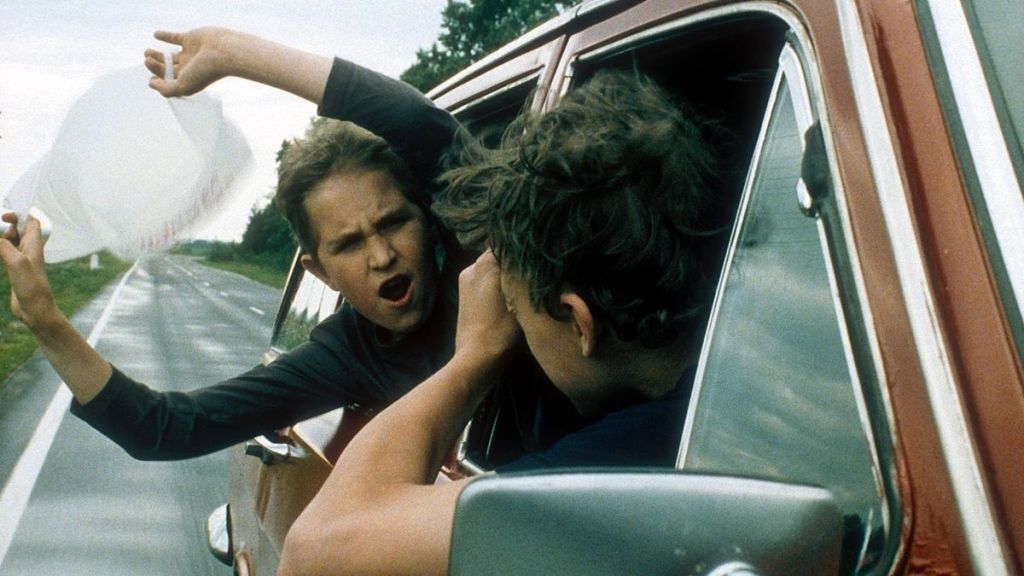
2. Leviathan (2014)
Genre: Drama, Family Drama
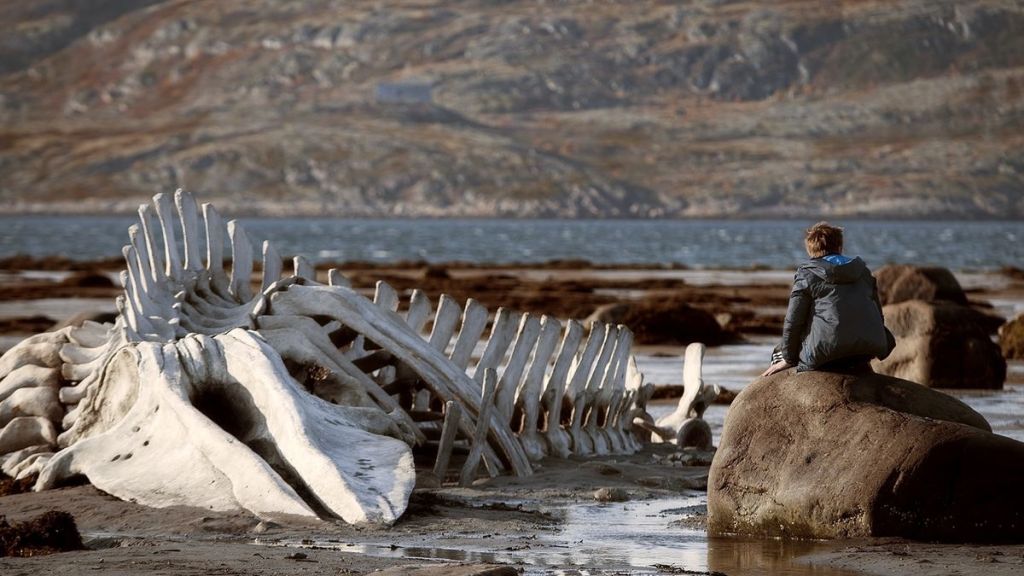
3. Loveless (2017)
Genre: Drama, Family Drama
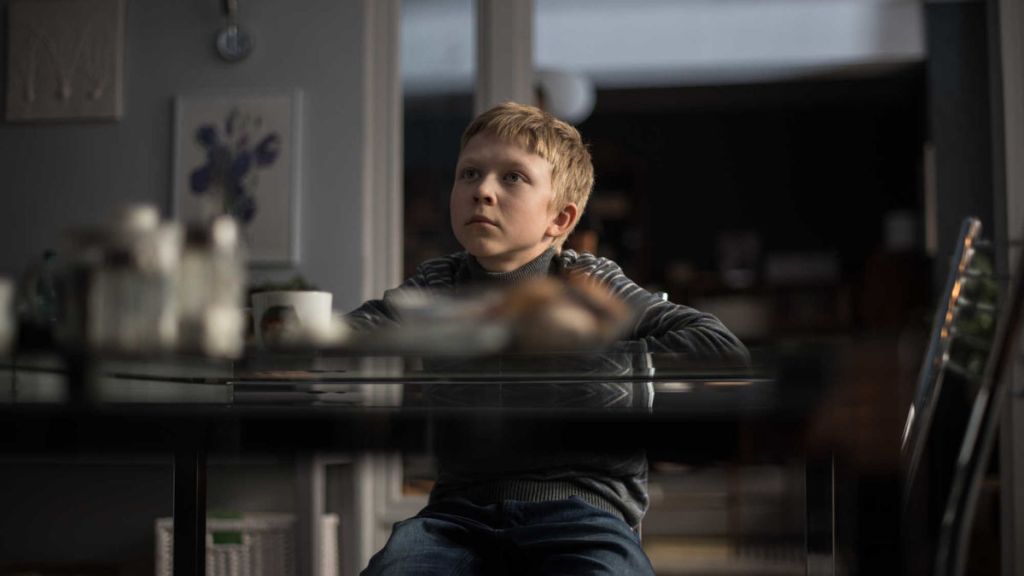
4. The Banishment (2007)
Genre: Psychological Drama, Drama
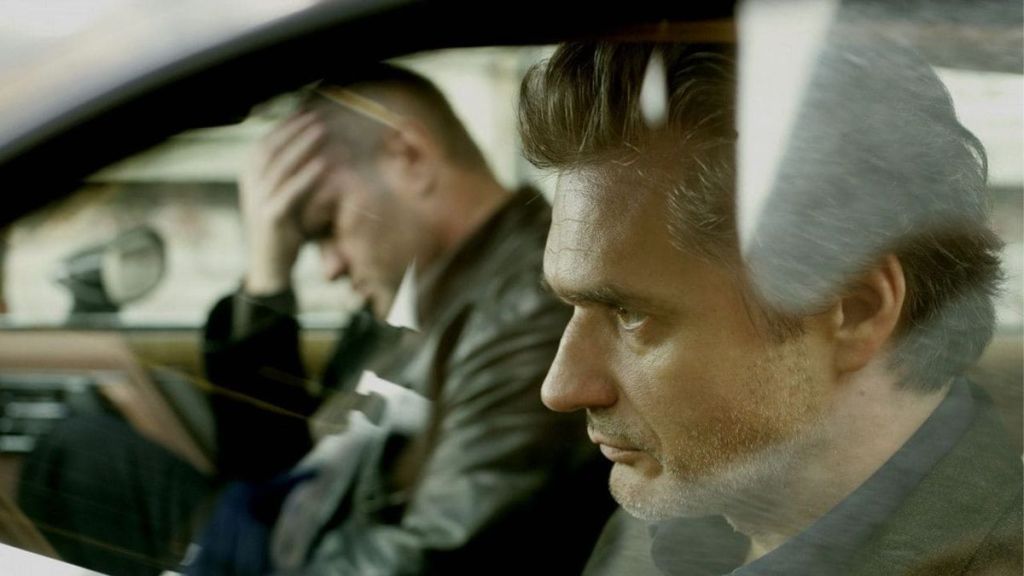
5. Elena (2011)
Genre: Drama
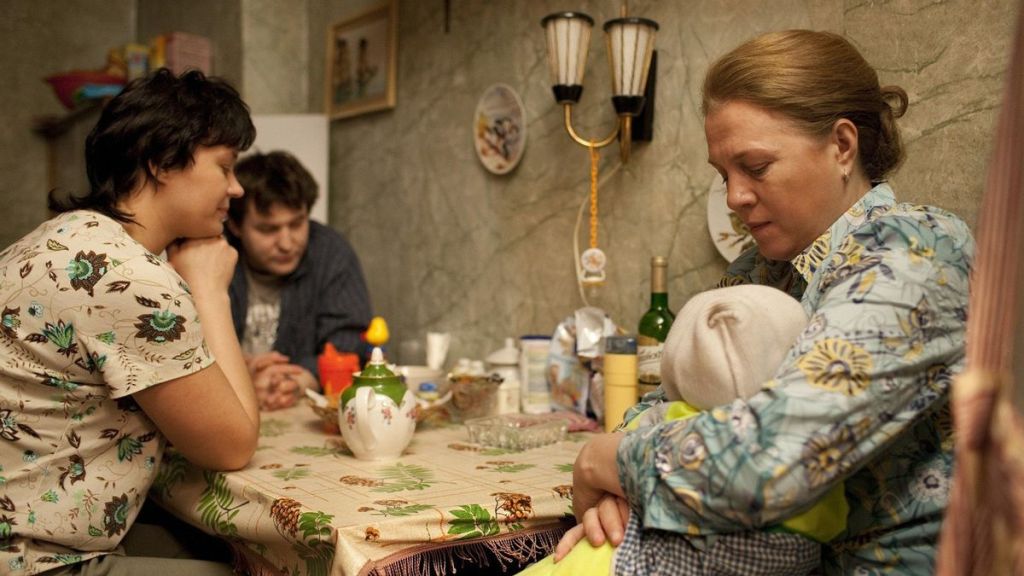
Andrey Zvyagintsev: Themes and Style
Themes:
- Human Relationships and Estrangement: Many of Zvyagintsev’s films, like Loveless and Elena, delve deep into the complexities of human relationships, examining the estrangement and emotional disconnection that can develop between family members.
- Moral Ambiguity: Whether in The Return or Leviathan, Zvyagintsev often places his characters in morally complex situations, highlighting the grey areas of human behaviour and the challenges of ethical decision-making.
- Societal Critique: Films such as Leviathan are biting commentaries on state corruption, the church, and the individual’s powerlessness against overarching structures. They reveal the fractures and dysfunctions within Russian society.
- Nature vs. Humanity: Zvyagintsev often juxtaposes the vastness and indifference of nature against human endeavours, underscoring humanity’s vulnerability and insignificance.
- Existentialism: A profound sense of existential questioning pervades his films, echoing the philosophical inquiries of filmmakers like Andrei Tarkovsky.
Styles:
- Pacing: Zvyagintsev’s films are deliberately paced. They take their time to build the narrative, allowing viewers to immerse themselves fully in the world he creates.
- Visual Composition: His films often feature long takes, meticulously composed shots, and a keen attention to landscapes, creating an atmospheric and evocative visual palette.
- Minimalistic Dialogue: Zvyagintsev emphasises show-not-tell, often using sparse dialogue and relying more on visual storytelling and actors’ performances to convey emotions and themes.
- Use of Symbolism: Whether it’s a decaying building or a whale’s skeleton, symbols are frequently employed in his films to convey deeper meanings and commentaries.
Directorial Signature:
- Absence of Clear Resolutions: Zvyagintsev rarely offers neat endings or clear solutions to his characters’ dilemmas. Instead, he leaves many questions unanswered, prompting viewers to reflect and draw their own conclusions.
- Non-activist Stance: While his films often touch upon societal issues, Zvyagintsev refrains from overt activism. He presents scenarios without imposing a specific viewpoint, allowing the narrative’s intricacies to stimulate viewer interpretation.
- Emphasis on Soundscapes: Ambient noises, natural sounds, and haunting scores are key components of Zvyagintsev’s films, creating a heightened sense of realism and immersion.
- Non-linear Storytelling: His narratives don’t always follow a straightforward path. Flashbacks, memories, and moments of introspection often interweave with the primary storyline.
- Complex Characters: Zvyagintsev’s characters are multi-dimensional, often fraught with internal conflicts and moral dilemmas. They aren’t plainly ‘good’ or ‘bad’ but deeply human, marked by their flaws and strengths.
Andrey Zvyagintsev – Great Director
